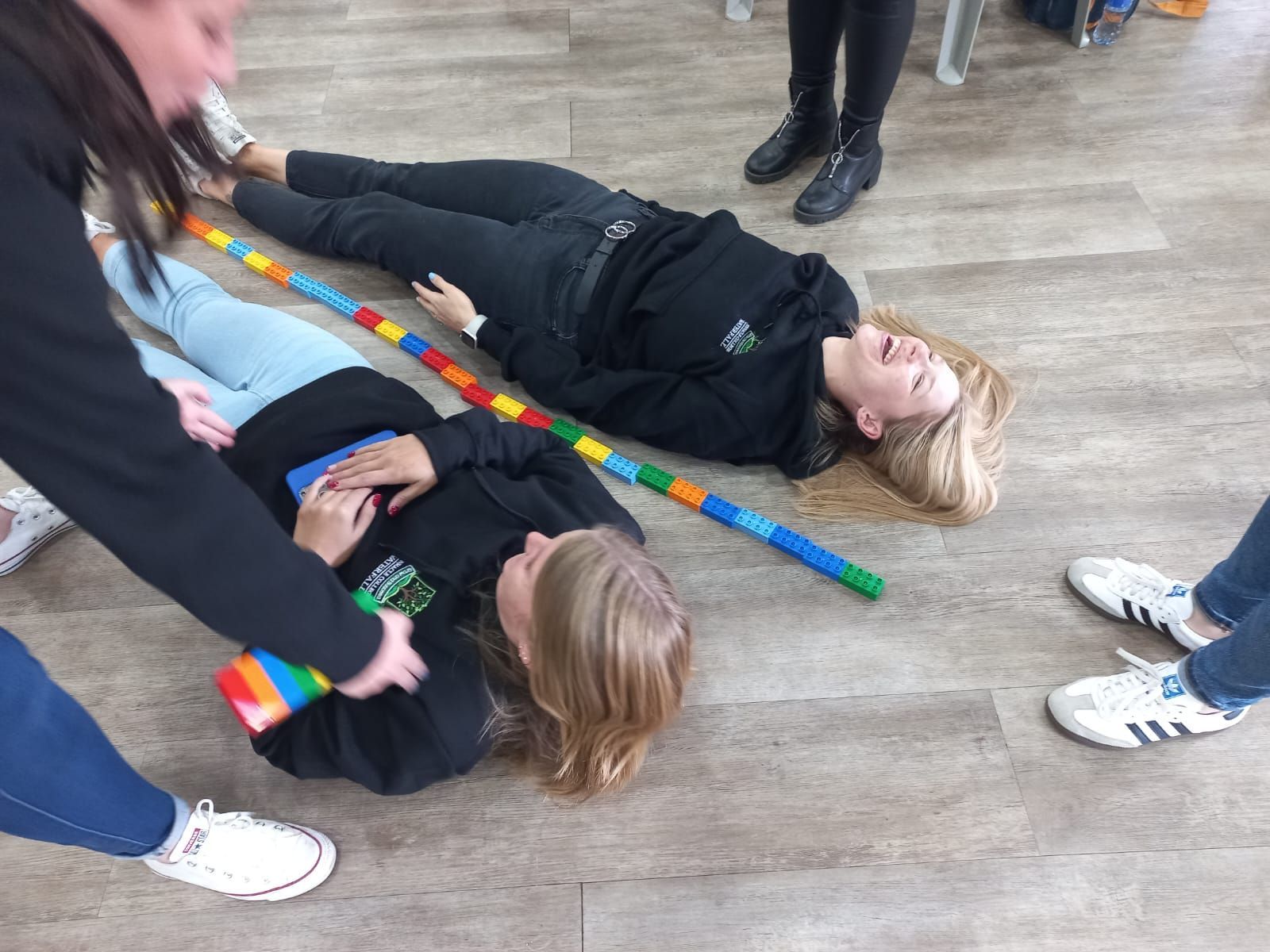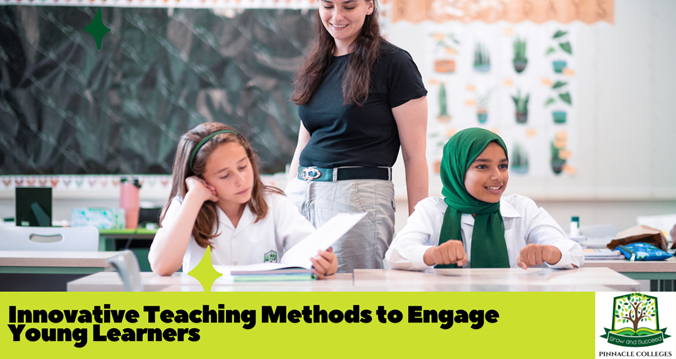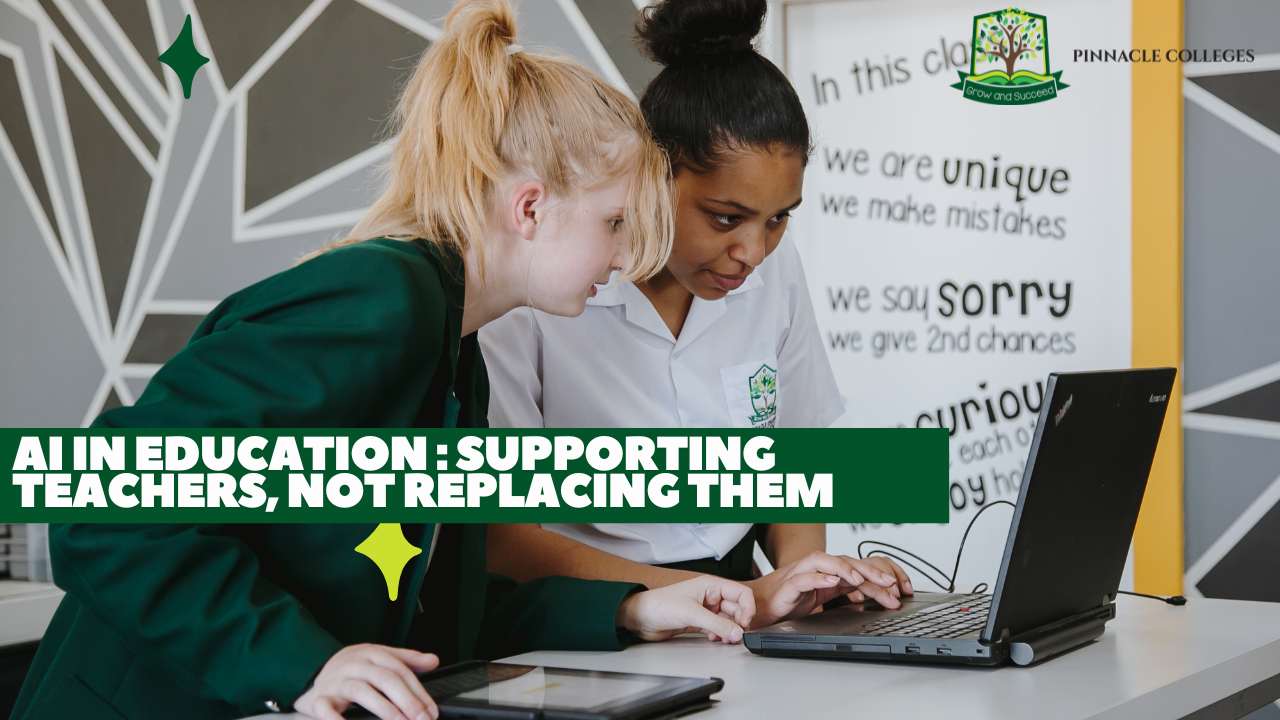How to choose a Pre-Primary School
Barbara Eaton (Academic Development Coordinator of ADvTECH Pre-Primary Schools) • July 1, 2019
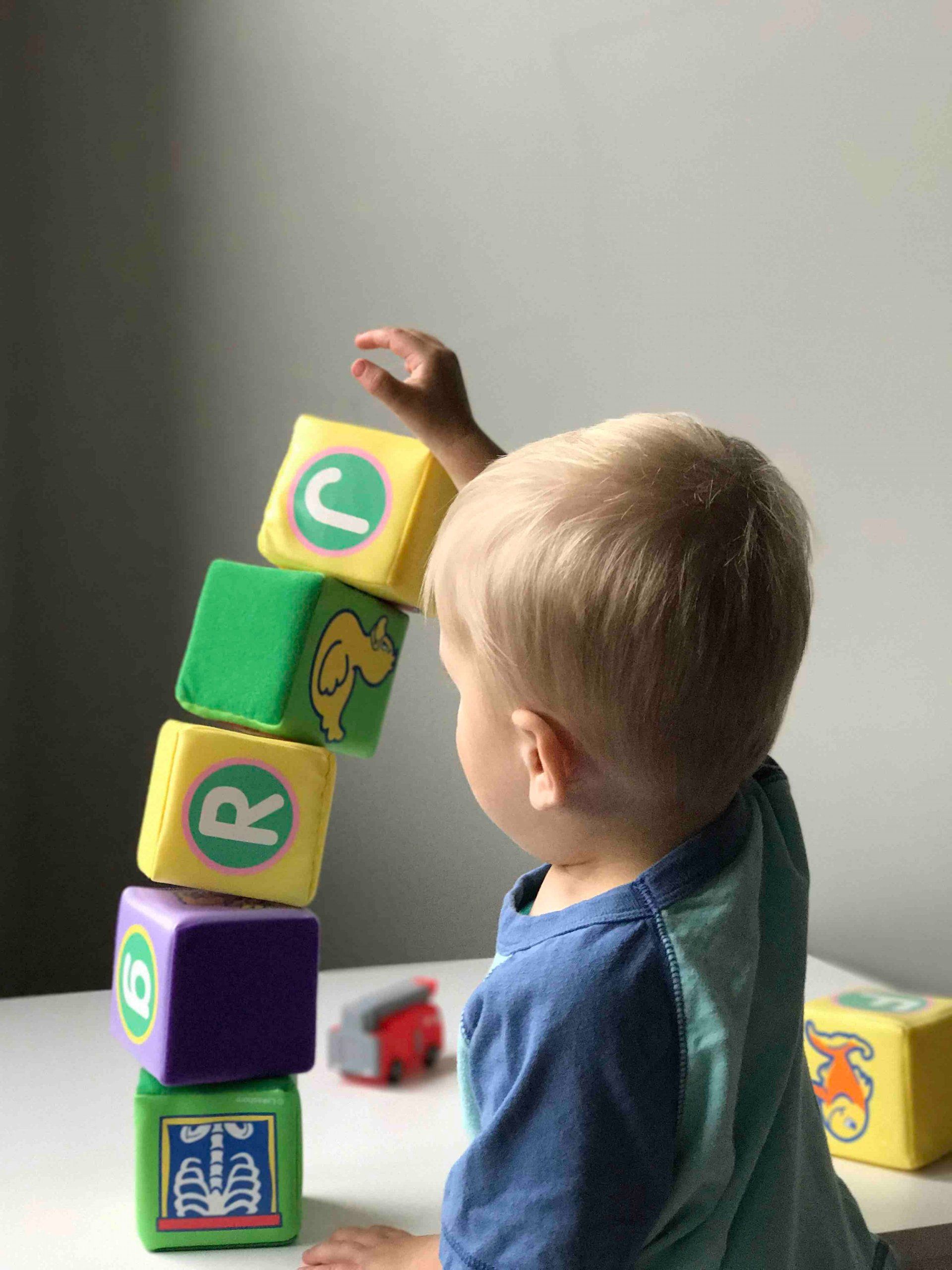
Choosing a school for your little one should not be a last minute, hasty decision. Start looking at least three months before you need to enter your child, if you are looking to place a baby. If you want your child to join a good school when they turn three, you should start looking at birth. This may seem ludicrous but the top Pre-Primary schools have waiting lists several years long!
The first decision is whether to place your child in a school near home or near your place of work. Small children suffer from many little illnesses and most schools want a sick child to go home as soon as possible. Choose a school that is close enough for someone to fetch them promptly if they fall ill. No matter how loving the care at school, a sick child just wants the comfort of home.
Choose a school whose hours suit your schedule. If the school closes at 5.30 pm, you must be able to reach it with time to spare, regardless of the traffic. Does the school open early enough for you to get to work? You cannot leave a small child outside the gate and assume that someone will take responsibility!
There are so many places of care to choose from at the moment that you may be bewildered by the choice. Take the time to visit the school unannounced. Check the security first, it should not be possible for you just to drive in. Are there cameras at the door and an entrance procedure? Next, how are you greeted and dealt with by the receptionist? This should be efficient, friendly and with an offer to show you the school, either then or by appointment. An appointment does not mean they have anything to hide; good schools have to allocate time and staff to deal with parents effectively. Is the reception clutter free and efficiently run? Are the admittance forms neatly printed and requesting sufficient background detail on your child?
When you look around, watch the children. Under-fives should be playing freely and busily with clean, unbroken toys that are well displayed to enable choice, or engaged in activities that are stimulating creativity or enhancing number or literacy skills. There should be no worksheets or cloned art work. Is the classroom clean and attractive, with good natural light and ventilation? Is there sufficient space for the children? Crowded rooms lead to fights and stress. Has the teacher (who should be SACE registered) an assistant to manage bathroom visits, messes and to support play? Is there evidence of an overall theme or inquiry that the children are investigating? Are there good quality books in a comfy spot for reading? Are the carpets and floors clean? Beware of schools that are too tidy and immaculate as this could mean that the equipment is for display, not the children’s use. Children should be aware of your presence but not clamouring for your attention.
What is your language policy for your child? If they are to attend Primary school in a specific language, they will be at an advantage if their early years are spent in the same language. This does not mean that you should forsake your home language. Bi-lingual children have a cognitive advantage, but do not confuse your child by subjecting him/her to a constant mixture of languages. Choose a school that will help your child enter grade 1 with a strong vocabulary and comprehension, as well as an ability to engage in their intellectual education with understanding.
What do you require in the way of meals? Not all schools serve breakfast, lunch and snacks and the price should reflect what is provided. Check out the kitchen, the kitchen staff and the certificates from the local authority indicating that the school is licenced to provide meals. Look at the menus. Is there sufficient variety and fresh fruit and vegetables? Ask about who feeds the little ones and how meals are conducted for the older ones. Are the children forced to eat their meals? Can the school cater for genuine allergies, (Not fussy eaters!)
If your child is still a baby, check the policies on formulas, nappies, wet wipes etc. If the school supplies everything, it may be a little more expensive but well worth your while in terms of convenience. Look at the nappy changing areas, where everything should be neatly labelled and the area safe and well ventilated, with proper disposal facilities. Potty training areas should be bright and welcoming, with small toilets for children aged two plus.
Are the baby rooms warm enough for the babies to play and crawl on the floor and not be kept in a cot all day. Who provides the cot linen and how often is it washed? There should be a nursing sister available for very young babies, as well as well-trained carers who will talk to and stimulate your child.
The outdoor area should have grass, sand, water, shade and wheeled toys, as well as safe climbing and swinging equipment, appropriate for the different age groups. Children are stimulated by their environment so the garden should be attractive, bright and well supervised. Gross motor development underlies all other development at this age so there should be a minimum of an hour per morning and afternoon set aside for active, outdoor play.
Last but not least, the atmosphere of the school should be welcoming and child friendly. Do not be swayed by the latest technological devices and lessons if the staff seem aloof and uncaring. With proper research your child should be happy and well stimulated in the chosen environment until it is time for Big School.
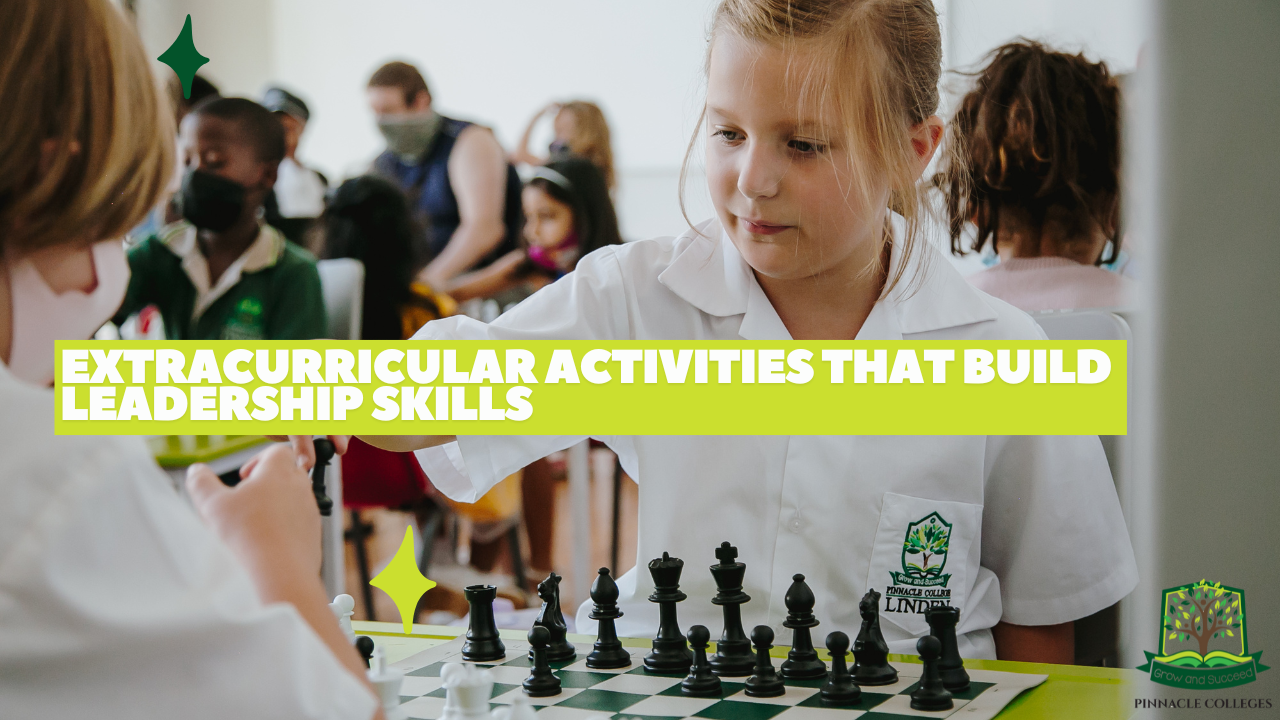
At Pinnacle Colleges, we believe that education goes beyond the classroom. As part of our commitment to nurturing well-rounded individuals, we offer a variety of extracurricular opportunities designed to develop essential leadership skills in our students. Why Leadership Matters Leadership is more than just a title—it's about initiative, responsibility, and the ability to inspire others. These qualities are vital for academic success and for thriving in life beyond school. At Pinnacle Colleges, we empower students to become confident, capable leaders through hands-on experiences and values-based education. Leadership Programs and Student Government Our schools offer structured leadership programs and student government bodies where learners can take on real responsibilities. Whether it’s organizing school events, leading assemblies, or representing their peers, students develop communication, decision-making, and teamwork skills that will serve them for years to come. Sports: Building Teamwork and Resilience Participation in sports is a cornerstone of the Pinnacle Colleges experience. Our students learn the importance of discipline, collaboration, and perseverance—key aspects of effective leadership. Whether on the soccer field, netball court, or athletics track, learners are encouraged to set goals, support their teammates, and lead by example. Cultural and Club Activities From debate clubs to arts and music, our cultural programs encourage creative thinking and problem-solving. Students have the chance to organize performances, participate in competitions, and work together on projects, all of which foster leadership and initiative in a supportive environment. Community Service: Leading with Heart At Pinnacle Colleges, we believe in the power of giving back. Our community service initiatives allow students to engage with and make a difference in their communities. Through volunteering and outreach projects, learners develop empathy, social awareness, and the confidence to lead positive change. A Holistic Approach to Leadership As part of the ADvTECH Group, Pinnacle Colleges is committed to holistic education. We balance academic excellence with a strong focus on personal growth, ensuring that every student is equipped with the knowledge, skills, and values needed to succeed. Our approach to extracurricular activities reflects this philosophy—preparing students not just for exams, but for life. Ready to discover your leadership potential? Explore the wide range of extracurricular opportunities at Pinnacle Colleges and become the leader you are meant to be!

OCTOBER 2024 In South Africa, the ability to read for meaning is a critical skill that remains elusive for many children. According to the Reading Panel 2030 report, a staggering 78% of Grade 4 learners cannot read for meaning in any language. This alarming statistic underscores the urgent need to foster a love of reading among students to ensure their academic success and personal development. “Reading is foundational to learning and personal growth. It enhances vocabulary, improves comprehension, and stimulates imagination. Moreover, reading is linked to better academic performance across all subjects. For South Africa, where educational disparities are significant, promoting reading can be a powerful tool to bridge the gap and empower future generations,” says Kassandra Strydom, Academic Advisor: Foundation Phase at ADvTECH , Africa’s leading private education provider. Strydom emphasises that in a world dominated by social media and mobile devices, keeping a child's interest in reading can be challenging. However, she underscores that this is a vital responsibility for parents. “By integrating reading into daily life from a young age, and making it an enjoyable activity, parents can help their children develop a lifelong love for reading, thereby improving their prospects of personal and academic achievement,” she says. Strydom notes that the findings of the Reading Panel 2030 report highlight the critical need for efforts to ensure that all children in South Africa can read for meaning by 2030. And while the Department of Education committed to addressing challenges identified in the report at a recent session where Basic Education Minister Siviwe Gwarube delivered the keynote address, the mammoth task could not be left to educators alone, she said. “Schools and teachers play an important role in teaching students how to read, but few are equipped to instil a genuine love for reading by the time children begin formal education. This essential passion must be nurtured at home to create a supportive environment where students can thrive once they master their ABCs.” Strydom says parents play a pivotal role in nurturing a child’s love for reading, and says it can be done by: CREATING A READING-FRIENDLY ENVIRONMENT & LEADING BY EXAMPLE Second-hand books are often very affordable, and libraries are free, making it easy for families to fill their homes with a diverse selection that caters to their child's interests and reading level. Choosing books together can be a fun and exciting activity, providing valuable parent-child bonding time. Once the books have been selected, engaging in paired or shared reading experiences can enhance this connection. Creating opportunities to read together in a relaxed and intimate setting—whether snuggled on the couch or curled up in bed—makes reading feel special. This not only fosters a love for reading but also connects the activity to positive emotions and quality time spent together. By modelling positive reading habits and setting aside dedicated reading time each day, parents can help cultivate a lifelong passion for books in their children. USING TECHNOLOGY WISELY Excessive screen time can negatively impact children’s development, prompting many schools to limit mobile phone usage to create more focused learning environments. To balance screen time at home, families can implement "reading timeouts" that benefit both child and parent. While there are numerous reading apps and platforms that can make reading engaging, it’s important to choose those that offer personal learning pathways, allowing children to explore content beyond just reading. These apps can foster deeper engagement with reading material by connecting it to real-world situations and encouraging critical thinking. However, it’s essential to also incorporate non-screen reading to ensure children develop a well-rounded love for literature alongside their digital experiences. MAKING READING AN INTERACTIVE EXPERIENCE When fostering a love for reading, it's important to ensure that the experience is interactive. Encourage children to engage with books before diving into the text by taking time for ‘picture walks’, where they can flip through pages and explore the illustrations. This approach helps minimise distractions and prepares them for a more focused reading experience. Consider using the "5 W" principle—asking who, what, when, where, and why questions about the book—to spark discussion and curiosity. Before reading, ask children what they think the story might be about, and always include the follow-up question, "How do you know that?" This encourages them to articulate their thoughts and develops metacognition—thinking about their thinking—making the reading experience richer and more meaningful. ENDS


